by Richard L. Cravatts
The University’s newspaper removes an op-ed challenging a noxious boycott request by anti-Israel radicals.

The suppression of pro-Israel views on campus has been a troubling
development in the ongoing cognitive war against Israel. Now, the
silencing of pro-Israel voices even appears in college newspapers. The
McGill Daily, as one troubling example, has a long-standing, publicly
announced policy of never publishing pro-Israel content in its pages,
deeming it to be racist or oppressive in its support of the Jewish
state.
This week, the University of Chicago’s student
newspaper, The Chicago Maroon, followed that same ignoble path by
violating journalistic and free speech ideals in retracting an op-ed written
by two students, “We Must Condemn the SJP’s Online Anti-Semitism,” who
questioned the tactics and ideology of members of the University’s
chapter of Students for Justice in Palestine(SJP), a perennially toxic
and corrosive anti-Israel group of radicals.
On January 26th, as the op-ed by Melody Dias and Benjamin ZeBrack noted, SJP had posted on
its Instagram page the shocking admonition, “DON'T TAKE SH*TTY ZIONIST
CLASSES.” Students were asked to “Support the Palestinian movement for
liberation by boycotting classes on Israel or those taught by Israeli
fellows.” According to the SJP post, any students who enrolled in these
classes would be “participating in a propaganda campaign that creates
complicity in the continuation of Israel's occupation of Palestine” and
that, in its view, “Israeli-centered classes are designed to obscure
Palestinian perspectives.”
Dias and ZeBrack made a number of accusations against SJP in their
now-deleted op-ed, including their opinions that SJP posted the
inflammatory post on the eve of Holocaust Remembrance Day as an
insensitive, even cruel tactic; that asking their fellow students to
boycott three particular classes about Israel and
Zionism “taught specifically by Israeli fellows is xenophobic as
Israelis cannot change their nationality, and this post demonizes that
nationality by declaring all courses taught by someone affiliated with
the nation as propaganda;” and, they noted, that “all courses listed are
explicitly within the University’s Jewish Studies center. This furthers
the trope that Jewish courses and professors work to contribute to
propaganda for Israel, which is a blatantly false narrative.”
The two authors also suggested that while the University “prides itself
on its free speech policy . . , this SJP post actively encourages
students to drop such classes, hence discouraging educational freedom.
This also violates the University’s discrimination and harassment policies, as
the Israeli faculty are directly discriminated against. As such, the
Jewish student community is indirectly discriminated against.”
Characteristic of their reaction to anyone who answers back to their
corrosive activism, SJP was incensed that anyone had the gall to
question their tactics and motives. Another post on the SJP Instagram
account in response to the Dias-ZeBrack op-ed by SJP expressed the
defective view often held by anti-Semites that “To frame this call
as ‘anti-Jewish’ not only perpetuates the dangerous (and wholly false)
conflation of Jewishness and Zionism, but also deliberately diverts
attention from the ongoing ethnic cleansing that
the israeli [sic] colony has been inflicting on Palestinian lands and
peoples from its inception to the present.”
The widely-adopted International Holocaust Remembrance Alliance (IHRA) working definition of antisemitism,
as many know, stipulates that, in many instances, attacks on Zionism
can be considered anti-Semitic, particularly when those attacks
are attempts to deny Jewish self-determination or when Zionism is
classified as a racist, oppressive endeavor, so despite SJP’s claim here
that the claim is both dangerous and wholly false, experts in these
matters—and not biased, anti-Semitic ideologues—have determined that
there is support for Dias and LeBrack’s views.
Nevertheless, SJP demanded of the Maroon’s editors, “in response to
these offenses,” the “Immediate deletion of the article,” a “public
apology issued by the Maroon to SJP UChicago and to Palestinian students
for the dissemination of misinformation and the disregard of
journalistic integrity and factual reporting,” and, most ominously,
“a public recommitment to ensuring that all columns and articles abide
by expected standards of accuracy and truth, particularly those written
by Zionist authors or on behalf of Zionist organizations.”
[Emphasis added.] In other words, SJP requested a separate standard of
exclusionary journalistic ethics and practice when Israel, Zionism, and
Jews are involved.
Astoundingly, in response to SJP’s absurd demands, twofeckless editors, Kelly Hui and Elizabeth Winkler, not only deleted the offending op-ed but published a craven, apologetic editorial of their
own in which they dissected the op-ed for its perceived factual
inaccuracies and justified their decision by claiming that it was the
op-ed written by the pro-Israel supporters which could be the source of
campus enmity, not the original action of SJP in calling for a boycott
of courses about Israel.
"We condemn the pitting of Jewish and Palestinian students against one
another,” they wrote, “and we deeply regret the extent to which
the op-ed’s factual inaccuracies—which we should not have
published—perpetuated such a harmful dynamic." Of course, in addition to
the editors’ outrageously inappropriate action in removing an opinion
piece from The Chicago Maroon, written as a response to a campaign of
demonization and delegitimization of Israel and Zionism by the
chronically toxic activists of SJP, they compounded the offense by
suggesting that sections of the op-ed contribute to “pitting of Jewish
and Palestinian students against one another.” No, actually, it is SJP's
poisonous attacks on anything Zionist on campus and its initial call
for “shitty” Zionist courses to be boycotted that pit pro-Israel
students against pro-Palestinians, not op-eds that correct
misinformation or defend Israel.
A careful and educated editor could go through SJP's writing and find a
litany of factual inaccuracies, distortions of history and fact, and
pure propaganda meant to slander the Jewish state. Why have the
editors not scanned the writing of SJP supporters for such
counter-factual terms as “settler-colonial
regime,”“apartheid,” “genocide,” “ethnic cleansing,” racism, or “the
liberation of Palestine,” terms which are inaccurate, inflammatory, and
part of a false narrative that inspires hatred of Israel, Zionism, and,
often, Jews? If accuracy is now going to be the Maroon’s journalistic
litmus test for op-eds, then both sides of the argument need to be
judged by the same yardstick, not, as SJP has requested, “particularly
those written by Zionist authors or on behalf of Zionist organizations.”
It is a profoundly troubling notion that college newspaper editors now
embrace the view that pro-Israel views are somehow immoral, oppressive,
indefensible, even racist at their core and should be suppressed and
that pro-Palestinian ideology—even when it is corrosive,
counter-factual, and sometimes anti-Semitic—is viable and can be
promoted. The entire pro-Palestine campaign against the Jewish state, of
course, is defined by its created narrative, a way of assessing the
Israeli/Palestinian conflict through the use of feelings, emotional
reactions, assumptions, and lies, not facts. That is the very reason
that SJP, and other anti-Israel groups and individuals, do not wish to
defend their calumnies about Israel with actual debate and a recitation
of facts and history. Instead, they prefer to attack, as happened here,
Israeli scholars and courses about Israel, not by deconstructing them
for factual errors but by promoting their false narrative about ethnic
cleansing, the occupation of Palestinian land, settler colonialism,
genocide, and the unending oppression of an indigenous people—the key
themes in anti-Israel ideology.
The annotations SJP unhelpfully included in the course descriptions for
the three courses they asked the fellow students to boycott indicate
how tendentious and arrogant they are in second-guessing the faculty and
academic committees who created and approved these courses—comprised of
scholars far more educated and wiser than the activist brats of SJP.
The description for the “Gender Relations in Israel” course taught
by Meital Pinto, for example, reads that “Israel does not separate
between religion and state, family law in Israel is largely influenced
by religious patriarchal norms,” but the SJP notes add
that “Prof. Pinto makes it seem as if patriarchy occurs within a narrow
scope-caused by religious laws. Israel is patriarchal because it is a
colonial apartheid state.” While the course will discuss the different
aspects of sexuality and gender in Israeli society, SJP sees no purpose
in that discussion since it already has decided Israel’s true nature.
“Contradictions arise because israel [sic] uses a propaganda technique
called ‘pinkwashing’ which exploits queer rights to hide its occupation
and apartheid practices behind an image of progressiveness,”SJP
unhelpfully and fallaciously notes. While the course description
promises to “explore ways in which [members of the LGBT community] act
creatively to affect social change, and the projects and organizations
they form to combat gender prejudice and discrimination,” the SJP
annotation claims that this ambition is futile “because they exclude
queer palestinians [sic], andoperate within a colonial system of racism
and apartheid. queer palestinian [sic] representation within "Israeli
[sic]" society is not liberatory —the dismantlement of israeli [sic]
occupation and apartheid is.”
The critical annotations of the course taught by Stephanie Kraver,
“Narrating Israel and Palestine through Literature and Film,”
receives a similar critique.
While the course intends to engage “with an array of literary and
cinematic depictions throughout the quarter [and] to go beyond
stereotypes,” the SJP annotations suggested that the
description obscures “Israeli settler colonialism, the erasure and
demonization of Palestinian voices, and theft of Palestinian land and
livelihood,” and that “the Israeli experience is necessarily defined by
the colonization and disposession [sic] of Palestinians.”
Professor Pinto’s other class, “Multiculturalism in Israel,” is similarly demeaned. While
the purpose of the course is to “review different definitions of terms
such as ‘multiculturalism,’ ‘multicultural state,’ ‘liberal state,’
‘cultural rights,’” SJP instead deems Israel to be “a society founded on
racist settler colonial principles, ethnic cleansing, and the attempted
erasure of both Palestinian people and their political rights and
identity such as the extent to which diversity should be accommodated.”
In addition, SJP claimed in its comments, “Zionism has always worked to
destroy the Indigenous diversity of Palestine in favor of the violent
establishment of the Israeli state, which openly considers itself ‘the
nation state of the Jewish people.’”
SJP and other anti-Israel activists on campuses would prefer, of
course, that nothing that might be construed as pro-Israel ever be
uttered or taught or written about on campus. The late senator
Daniel Patrick Moynihan once quipped that “Everyone is entitled to his
own opinion, but not his own facts,” something SJP has yet to realize or
comprehend. They are certainly permitted to have their own version of
history and their own narrative about the Israeli-Palestinian debate,
but people as clever, and even more clever, than they also have their
own narratives, facts, and set of truths. And both should be, and must
be, heard, both in the editorial pages of The Chicago Maroonand
elsewhere.
Ironically, it was the University of Chicago that published a seminal set of guidelines for university free speech, the 2014 “Report of the Committee on Freedom of Expression,” often
referred to as the Chicago Principles. Perhaps the Maroon’seditors
should read them again before they decide to suppress the views of any
campus group or individuals in the interest of protecting competing
thought and expression.
“In a word,” the report read, “the University’s fundamental commitment
is to the principle that debate or deliberation may not be suppressed
because the ideas put forth are thought by some or even by most members
of the University community to be offensive, unwise, immoral,
or wrong-headed. It is for the individual members of the University
community, not for the University as an institution, to make those
judgments for themselves, and to act on those judgments not by seeking
to suppress speech, but by openly and vigorously contesting the ideas
that they oppose.”
The Chicago Maroon editors might want to review those words.
Richard L. Cravatts, Ph.D., a Freedom Center Journalism Fellow in Academic
Free Speech and President Emeritus of Scholars for Peace in the Middle
East, is the author of Jew-Hatred Rising: The Perversities of the Campus
War Against Israel and Jews.
Source: https://www.frontpagemag.com/fpm/2022/04/suppressing-pro-israel-views-university-chicago-richard-l-cravatts/
Follow Middle East and Terrorism on Twitter
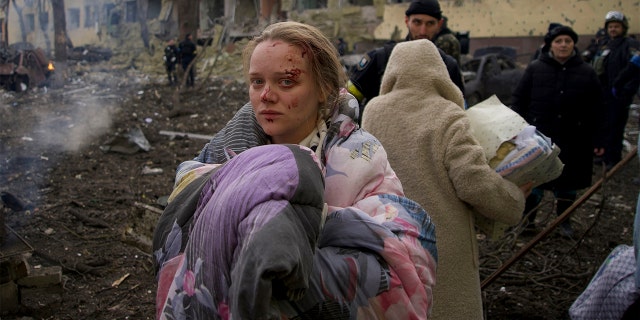
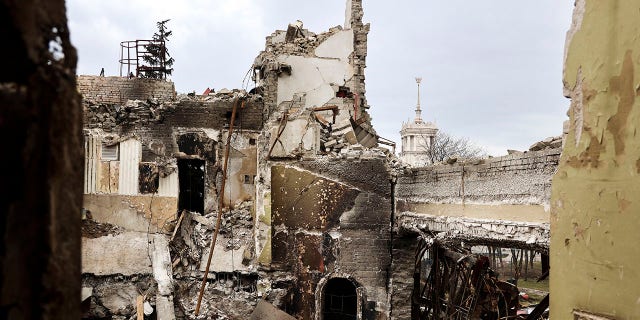
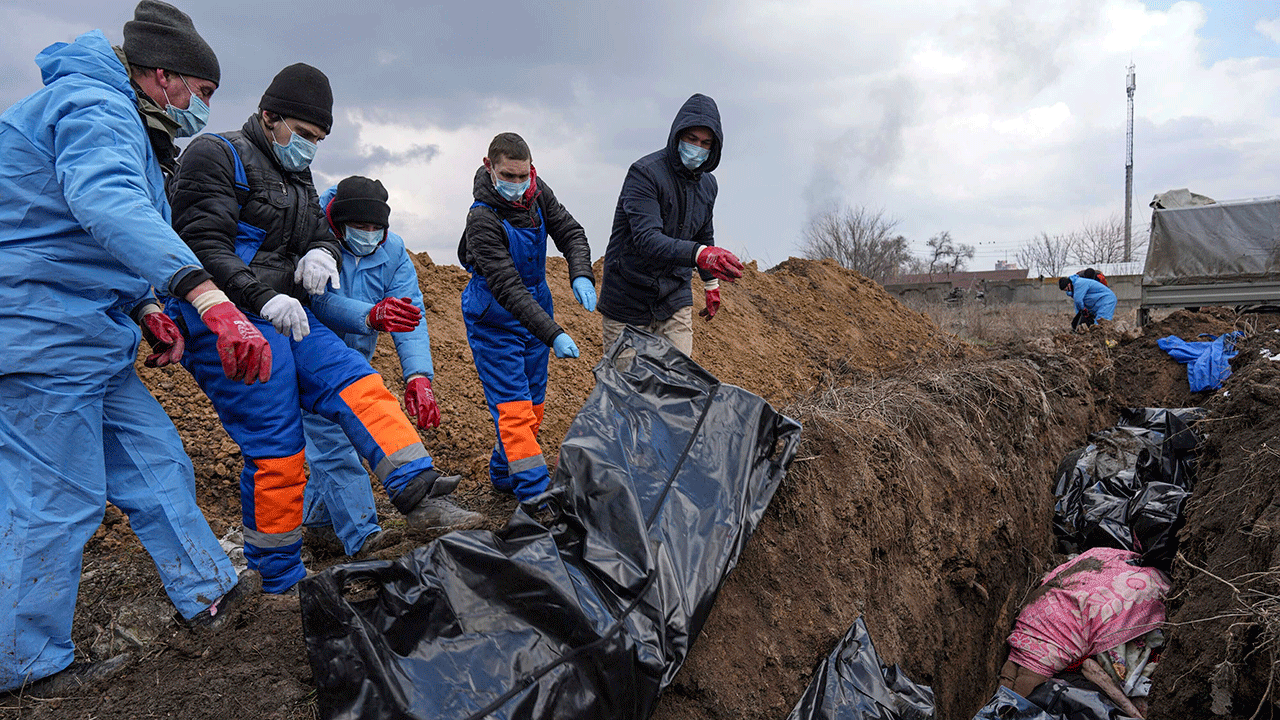
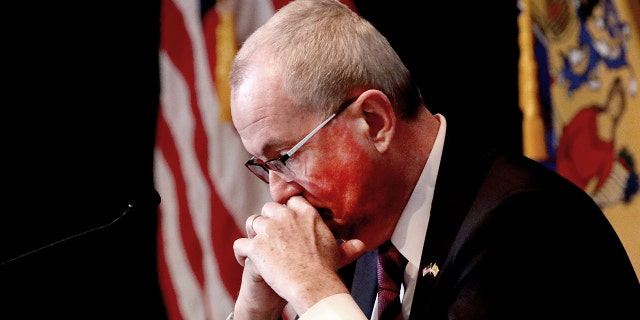
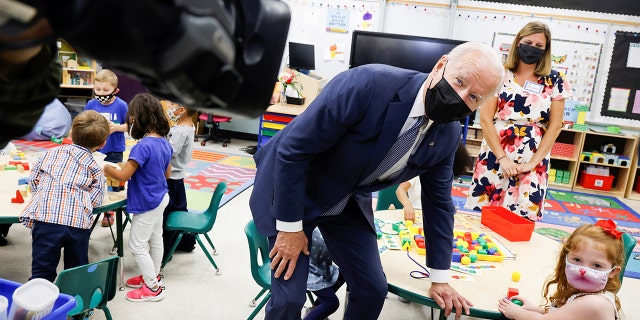



 The
Congress, whenever two thirds of both Houses shall deem it necessary,
shall propose Amendments to this Constitution, or, on the Application of
the Legislatures of two thirds of the several States, shall call a
Convention for proposing Amendments, which, in either Case, shall be
valid to all Intents and Purposes, as Part of this Constitution, when
ratified by the Legislatures of three fourths of the several States, or
by Conventions in three fourths thereof, as the one or the other Mode of
Ratification may be proposed by the Congress; Provided that no
Amendment which may be made prior to the Year One thousand eight hundred
and eight shall in any Manner affect the first and fourth Clauses in
the Ninth Section of the first Article; and that no State, without its
Consent, shall be deprived of its equal Suffrage in the Senate.
The
Congress, whenever two thirds of both Houses shall deem it necessary,
shall propose Amendments to this Constitution, or, on the Application of
the Legislatures of two thirds of the several States, shall call a
Convention for proposing Amendments, which, in either Case, shall be
valid to all Intents and Purposes, as Part of this Constitution, when
ratified by the Legislatures of three fourths of the several States, or
by Conventions in three fourths thereof, as the one or the other Mode of
Ratification may be proposed by the Congress; Provided that no
Amendment which may be made prior to the Year One thousand eight hundred
and eight shall in any Manner affect the first and fourth Clauses in
the Ninth Section of the first Article; and that no State, without its
Consent, shall be deprived of its equal Suffrage in the Senate.
